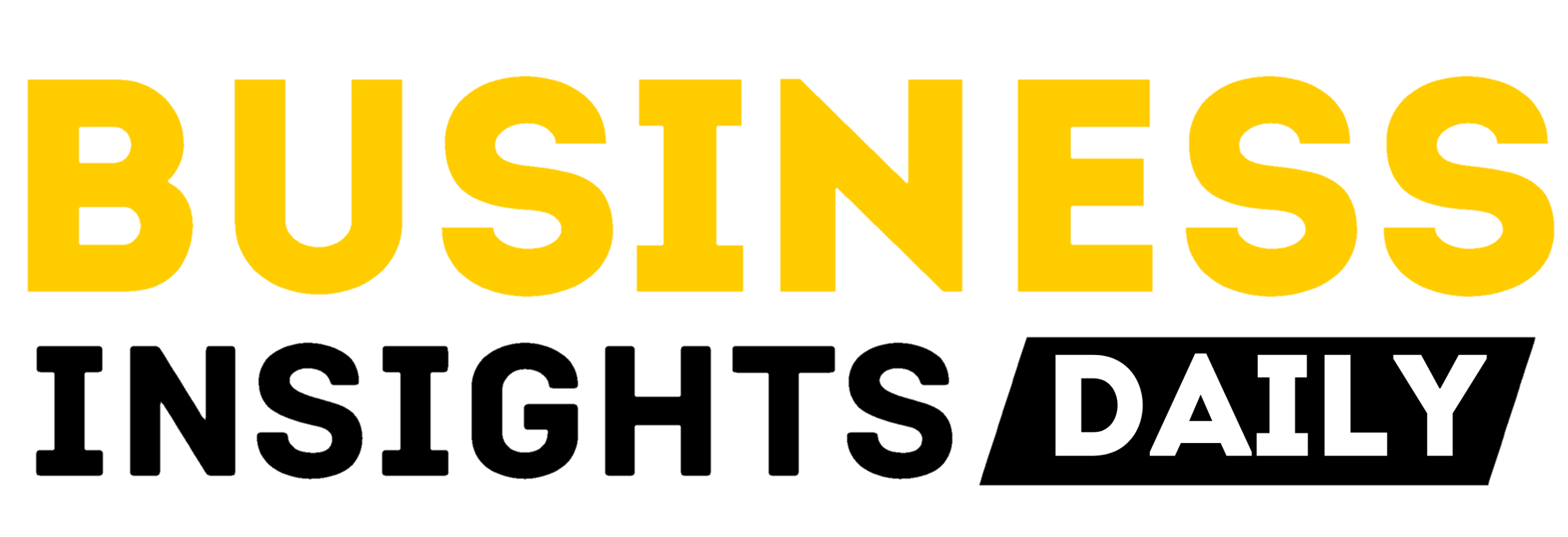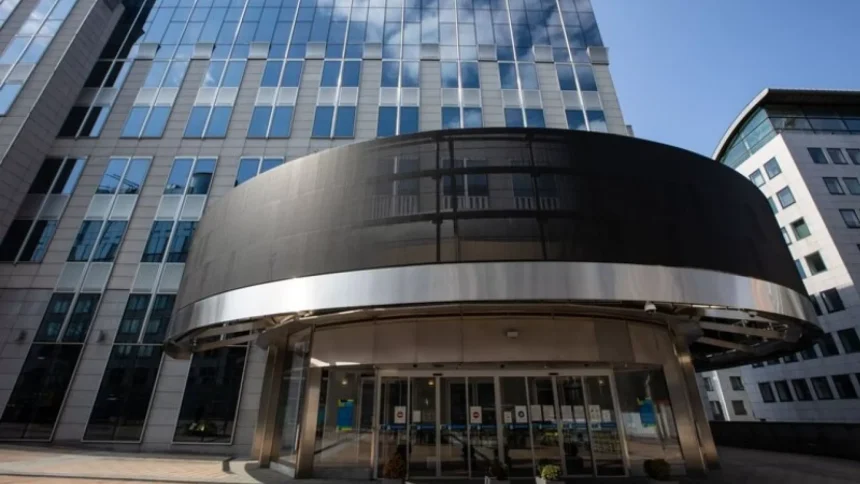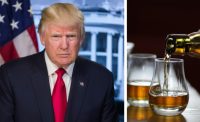The European Parliament has temporarily barred Huawei lobbyists from entering its premises following allegations of corruption linked to the Chinese telecom giant. This decision comes in the wake of an ongoing investigation led by Belgian authorities into suspected bribery and forgery within the EU legislative body.
Precautionary Measure Until Investigation Ends
On Friday, a spokesperson for the European Parliament confirmed the immediate suspension of access for Huawei representatives. The ban is a precautionary measure and will remain in place until the investigation concludes. It applies to all parliamentary buildings in Brussels, Strasbourg, Luxembourg, and across the 27 EU countries.
This move follows a series of raids conducted by Belgian Federal Police in multiple regions, including Brussels, Flanders, Wallonia, and Portugal. Several individuals have been detained for questioning over alleged corrupt dealings involving European lawmakers.
Allegations of Bribery and Forgery
According to preliminary findings, corruption may have been taking place discreetly since 2021. Reports suggest that political positions were influenced through various forms of bribery—ranging from monetary rewards to luxury gifts, paid travel expenses, and even regular invitations to football matches. Investigators believe these kickbacks were disguised as conference expenses, raising concerns of possible money laundering.
Belgian media have pointed to a former parliamentary assistant, who later took on a key public affairs role at Huawei, as a central figure in the scandal.
Huawei Responds
In response, Huawei has stated that it takes the allegations “seriously” and is committed to cooperating with authorities. The company emphasized its “zero-tolerance policy” against corruption and pledged to adhere to all legal regulations. However, the controversy has further fueled skepticism over Huawei’s role in European infrastructure.
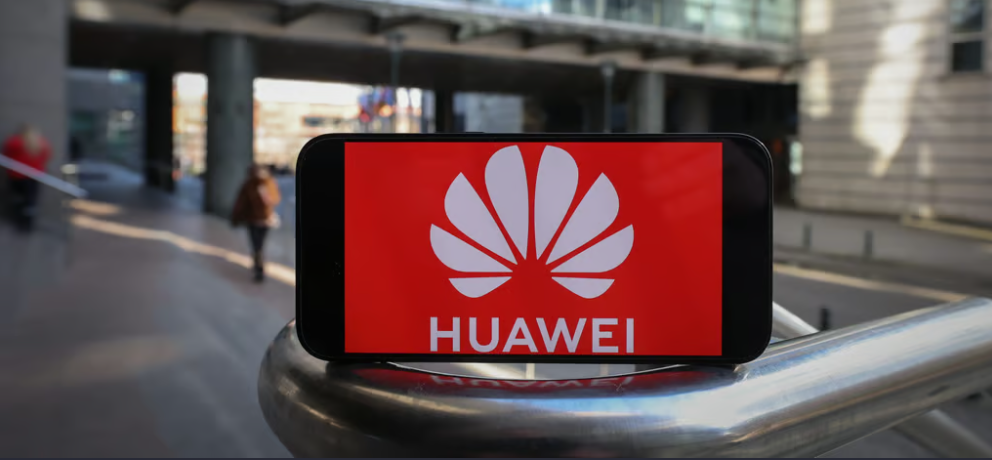
Huawei Already Under Scrutiny in the EU
This isn’t the first time Huawei has been in the EU’s crosshairs. In 2023, Brussels labeled the company as a “high-risk” supplier for 5G networks, urging member states to phase out its equipment due to security concerns. Huawei has long denied accusations that its technology could be used for espionage on behalf of the Chinese government, but the tension remains.
The corruption probe echoes the “Qatargate” scandal, where EU lawmakers were accused of accepting bribes to advance the interests of Qatar and Morocco. Now, as the Huawei investigation unfolds, all eyes are on whether the telecom giant will face further restrictions within Europe.
For now, Huawei lobbyists are locked out of the EU Parliament. Whether they return depends on what investigators uncover in the coming months.
